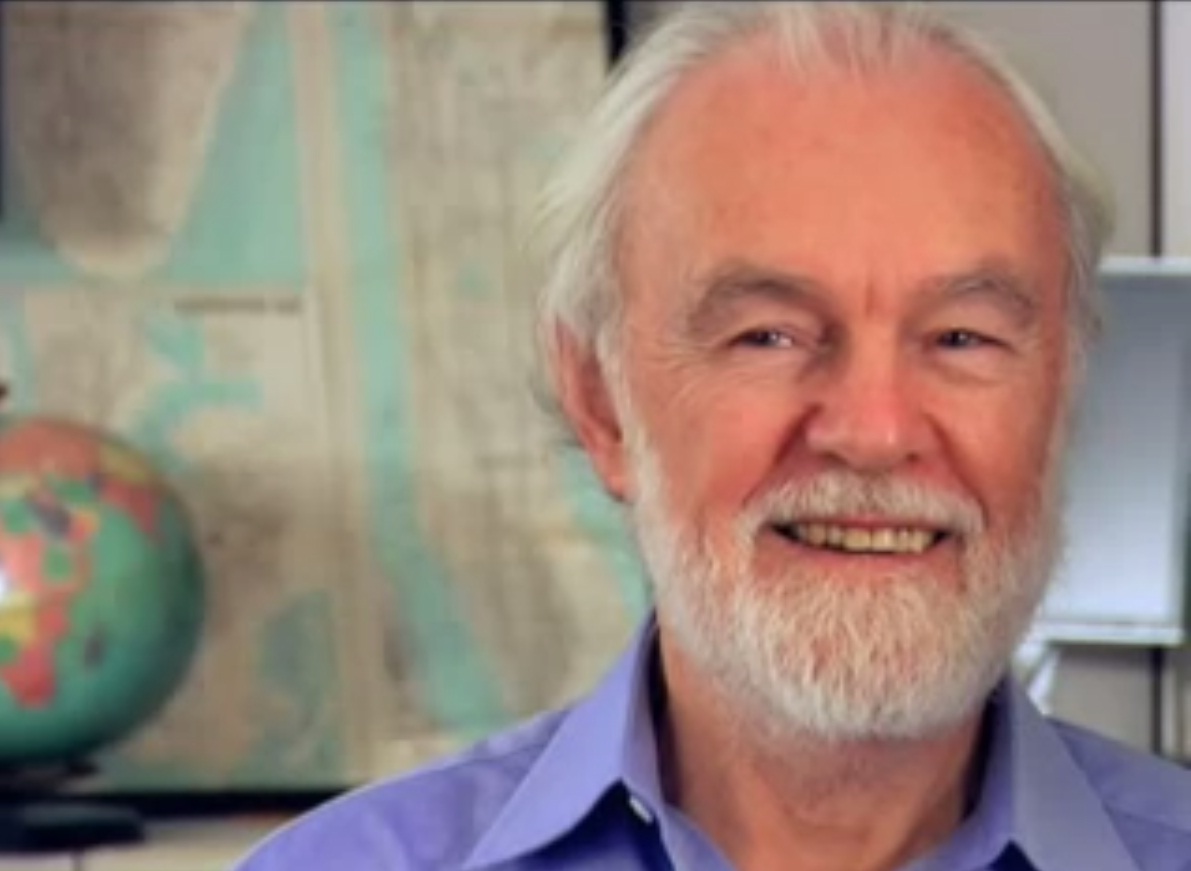David Harvey Frases famosas
David Harvey: Frases em inglês
Fonte: The Limits To Capital (2006 VERSO Edition), Chapter 7, Overaccumulation And 'First Cut' Theory, p. 203
Contexto: The inner logic that governs the laws of motion of capitalism is cold, ruthless and inexorable, responsive only to the law of value. Yet value is a social relation, a product of a particular historical process. Human beings were organizers, creators and participants in that history. We have, Marx asserts, built a vast social enterprise which dominates us, delimits our freedoms and ultimately visits upon us the worst forms of degradation.
“Rampant inflation is just as hard to live with as the devaluation of commodities.”
Fonte: The Limits To Capital (2006 VERSO Edition), Chapter 10, Finance Capital And Its Contradictions, p. 295
“A work of this sort admits no conclusion.”
Afterword, p.446
The Limits To Capital (2006 VERSO Edition)
Fonte: The Limits To Capital (2006 VERSO Edition), Chapter 8, Fixed capital, p. 221
“Because the earth is not a product of labour it cannot have a value.”
Fonte: The Limits To Capital (2006 VERSO Edition), Chapter 11, Theory Of Rent, p. 347
“The accumulation of capital involves the the expansion of value over time.”
Fonte: The Limits To Capital (2006 VERSO Edition), Chapter 11, Theory Of Rent, p. 338
Fonte: The Limits To Capital (2006 VERSO Edition), Chapter 13, Crisis In The Space Economy Of Capitalism, p. 424
“But planned obsolescence is possible only if the rate of technological change is contained.”
Fonte: The Limits To Capital (2006 VERSO Edition), Chapter 8, Fixed capital, p. 221
“The ultimate Form of devaluation is military confrontation and global war.”
Afterword, p. 449
The Limits To Capital (2006 VERSO Edition)
“Individual capitalists, in short, necessarily act in such a way as to de-stabilize capitalism.”
Variante: Individual capitalists, in short, behave in such a way as to threaten the conditions that permit the reproduction of the capitalist class.
Fonte: The Limits To Capital (2006 VERSO Edition), Chapter 6, Dynamics Of Accumulation, p. 188
Fonte: The Limits To Capital (2006 VERSO Edition), Chapter 10, Finance Capital And Its Contradictions, p. 327
Fonte: The Limits To Capital (2006 VERSO Edition), Chapter 9, Money, Credit And Finance, p. 263
(January 1984) " The history and present condition of Geography: an historical materialist manifesto https://www.youtube.com/watch?v=rDoIMT-Dbyo," YouTube video, 1:10:15, posted by "IGU Channel," May 7, 2014.
Fonte: The Limits To Capital (2006 VERSO Edition), Chapter 4, Technology, Labour Process And Value, p. 122
“When money functions as measure of value it must truly represent the values it helps to circulate.”
Fonte: The Limits To Capital (2006 VERSO Edition), Chapter 10, Finance Capital And Its Contradictions, p. 293
Fonte: The Limits To Capital (2006 VERSO Edition), Chapter 10, Finance Capital And Its Contradictions, p. 316
Introduction to the 2006 Verso Edition, p. xix-xx
The Limits To Capital (2006 VERSO Edition)
Fonte: The Limits To Capital (2006 VERSO Edition), Chapter 1, Commodities, Values And Class Relations, p. 15
“Skills that are monopolizable are anathema to capital.”
Fonte: The Limits To Capital (2006 VERSO Edition), Chapter 2, Production and Distribution, p. 59
“Money must exist before it can be turned into capital.”
Fonte: The Limits To Capital (2006 VERSO Edition), Chapter 3, Production, Consumption and Surplus Value, p. 95
Fonte: The Limits To Capital (2006 VERSO Edition), Chapter 5, Organization of Capitalist Production, p. 146
“The accumulation of capital and misery go hand in hand, concentrated in space.”
Fonte: The Limits To Capital (2006 VERSO Edition), Chapter 13, Crisis In The Space Economy Of Capitalism, p. 418
Fonte: The Limits To Capital (2006 VERSO Edition), Chapter 10, Finance Capital And Its Contradictions, p. 304
“All rent is based on the monopoly power of private owners of certain portions of the globe.”
Fonte: The Limits To Capital (2006 VERSO Edition), Chapter 11, Theory Of Rent, p. 349
Fonte: The Limits To Capital (2006 VERSO Edition), Chapter 2, Production and Distribution, p. 39
“The only solution to the contradictions of capitalism entails the abolition of wage labour.”
Fonte: The Limits To Capital (2006 VERSO Edition), Chapter 12, Production Of Spatial Configurations, p. 385
Fonte: The Limits To Capital (2006 VERSO Edition), Chapter 3, Production, Consumption and Surplus Value, p. 82
Introduction, p. xxxii
The Limits To Capital (2006 VERSO Edition)
Introduction to the 2006 Verso Edition, p. xi
The Limits To Capital (2006 VERSO Edition)
Fonte: The Limits To Capital (2006 VERSO Edition), Chapter 13, Crisis In The Space Economy Of Capitalism, p. 442
